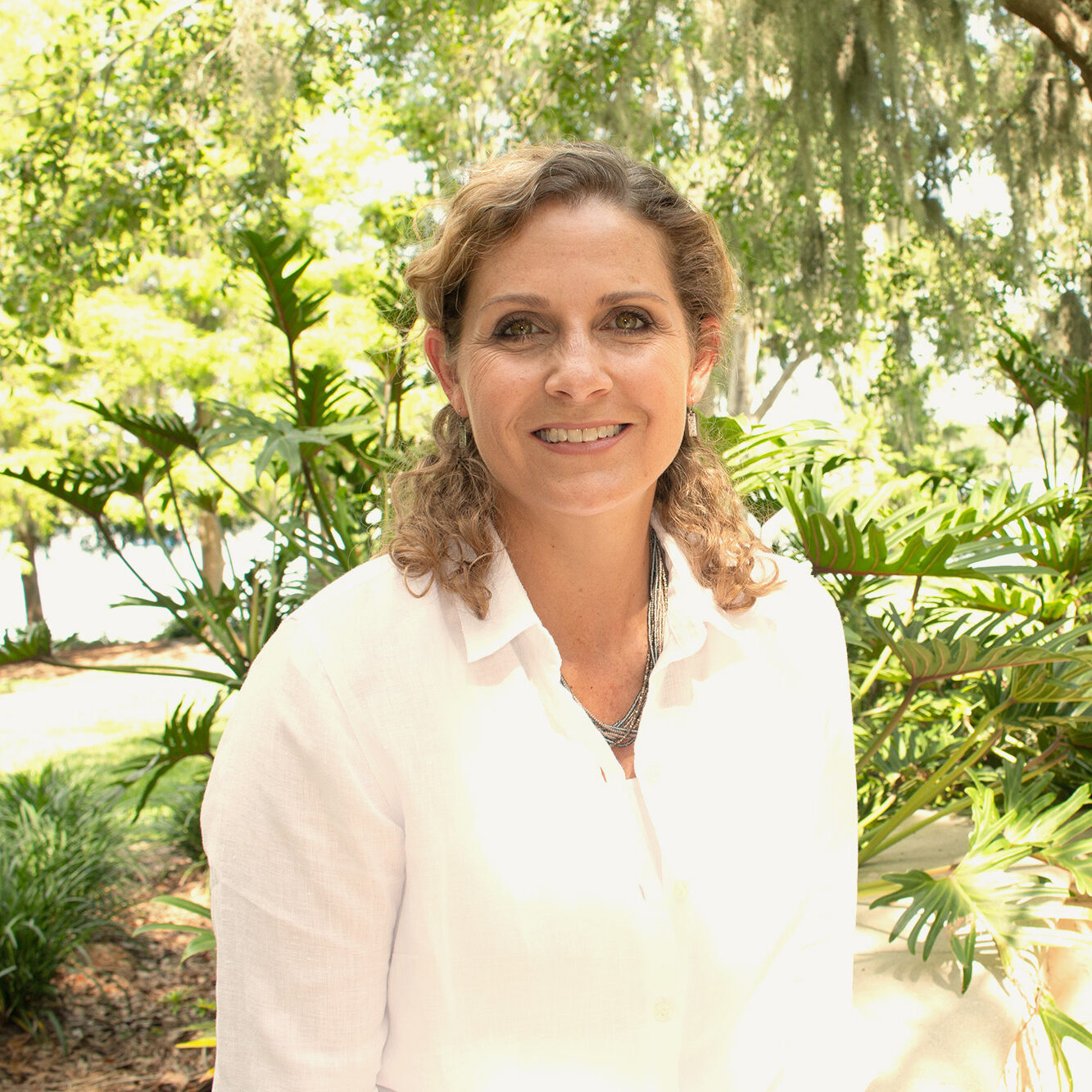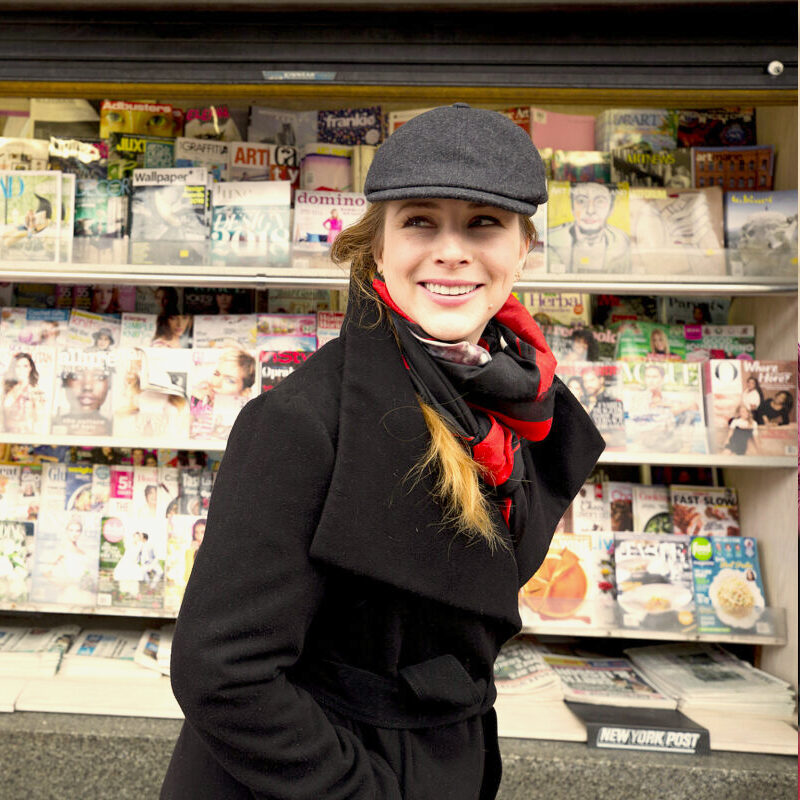Why did you decide to earn a degree at Harvard Extension School?
I decided to earn a degree at Harvard Extension School to honor the memories of loved ones. After losing several people in a short period of time, I felt inspired to live my life in a more robust manner as a way to acknowledge their battles to survive and to, in some way, extend their lives through my own.
Before Harvard Extension, I’d tackled goals that helped me to work through my grief—running a marathon and earning a pilot’s license — but I was ready to take on a goal that would ultimately touch others. The master’s in the field of Museum Studies was a natural fit for my passion to make art and history accessible to those who do not live near metropolitan cultural centers. Also, many museums have the same aim as I do: to educate and to extend the lives and memories of those who came before us.
How has this experience helped you in your career or personal development?
I’m happy to report that I use what I learned at Harvard Extension every day in my own classroom, and these lessons have made me a better teacher. Besides teaching, I plan to work occasionally in collections management on a volunteer basis at my local art museum. Through my internship at that museum, I learned that the museum field is where I ultimately want to be when I retire from teaching.
What was the most challenging aspect of your time at Harvard Extension? What was the most rewarding?
The most challenging aspect of my time at Harvard Extension was that I worked full-time as a high school teacher while completing my degree in 18 months. I was incredibly busy with little unstructured time. Also, a break to my dominant arm during one term made life extra interesting — there’s nothing like submitting a long paper the day after you get a cast removed!
The most rewarding aspect of my time at the school is that my capstone project, which focused on using virtual reality images to bring art and architecture to remote areas, is already being used in several practical ways by myself and others.
What was the online experience like for you? How did you ensure success?
It may sound simple, but I ensured success by following the technology recommendations provided by the school as to the proper headset and computer system. I also made sure I attended every session and participated in group discussions to feel connected. I’m happy to say that I never missed a class, even after a hurricane knocked out my power and I was forced to use the live web conference app on my phone. I commandeered the dining room in my home to use as my study space throughout the program.
I was a bit skeptical at first of taking most of my classes online, but it turned out that there could be no other way to meet so many people from diverse backgrounds. My classmates were from London, Toronto, Buenos Aires, San Diego, Paris, Sydney, and Moscow — a truly global group. Also, I could be wearing pajama bottoms (with proper school wear on the torso, of course) for my later evening classes without my classmates knowing — that was a bonus! With the live web classroom, you can see and communicate with your classmates and instructor in real-time, so I always felt connected to the group.
How did you manage to balance your studies with work and family responsibilities?
I scheduled my class and study time into my calendar each week and then stuck with the plan. I treated time with my family as sacrosanct and that motivated me to do my school work during scheduled times and stay focused. Most importantly for my mental health, I developed three plans for my program completion in case a family emergency came up.
What types of student resources and special options did you take advantage of as a student at Harvard?
As a distance student, I found the online library resources invaluable. The Scan and Deliver [electronic document delivery service] for research allowed me to access material as if I were on campus. I also took advantage of the Harvard housing listings to locate a graduate student housing sublet during the January session class I took — it saved me a significant amount of money over a hotel stay and it was only a 5-minute walk from my class.
This interview has been edited for clarity and length.

